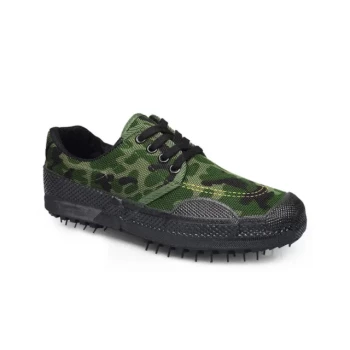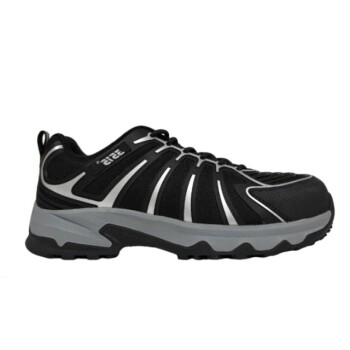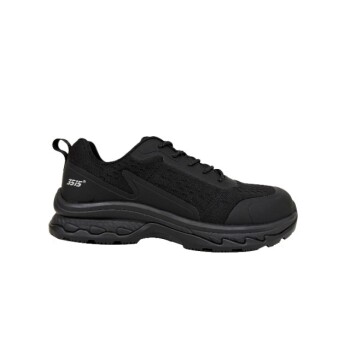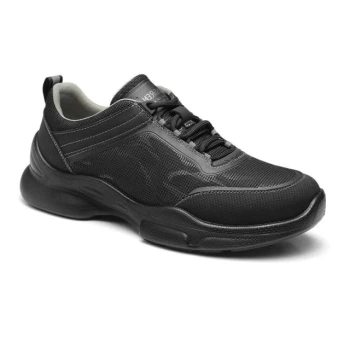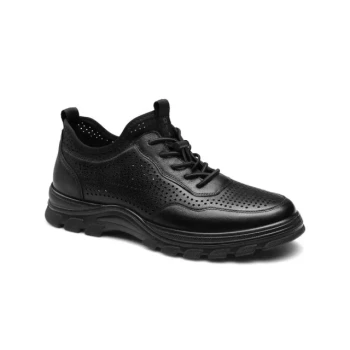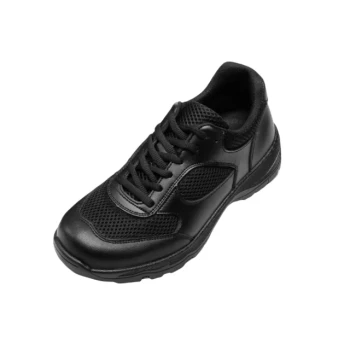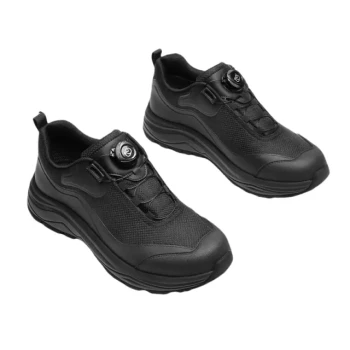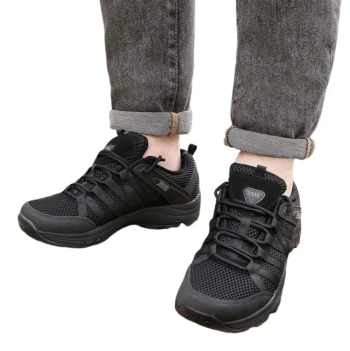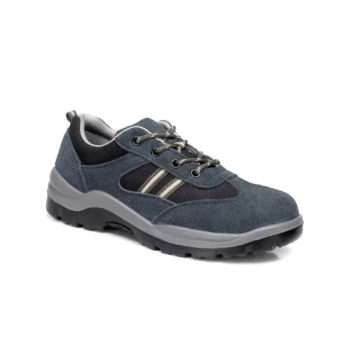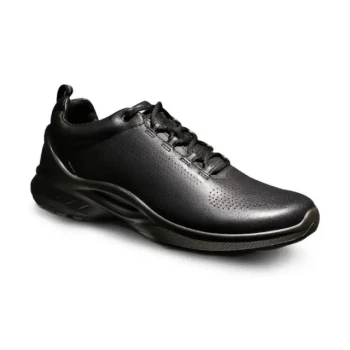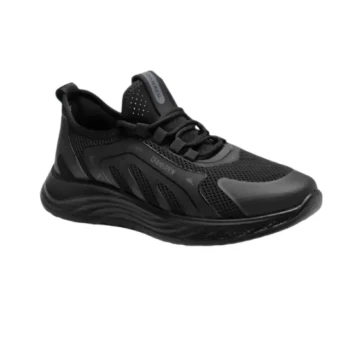When choosing materials for casual shoes, the key factors are comfort, durability, your specific lifestyle, and the climate you live in. The ideal material is a direct reflection of how and where you plan to wear the shoes, balancing practical needs like maintenance and price with aesthetic preferences.
The most common mistake is choosing a material based on style alone. The right approach is to first define the shoe's primary purpose and environment, which then guides you to the material that offers the best balance of performance, comfort, and longevity for that specific role.
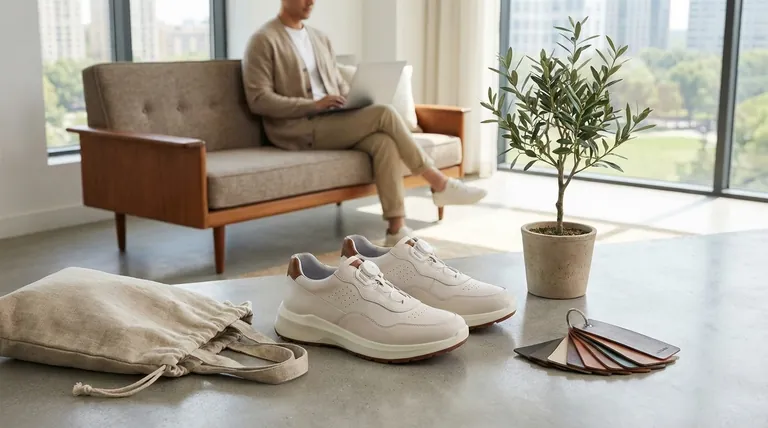
Start with "Why": Defining the Shoe's Purpose
Before you can evaluate a material, you must be clear about the shoe's intended use. The demands of a daily walking shoe are fundamentally different from those of an office shoe or a weekend social shoe.
For Daily Errands and Walking
Comfort and flexibility are paramount for shoes worn for extended periods of activity. The material needs to move with your foot and absorb impact.
Look for lightweight models with flexible soles, often made of rubber for non-slip traction. Uppers made of mesh or canvas offer excellent breathability and require little break-in time.
For the Business Casual Office
A business casual environment demands a more structured and polished look. The material should hold its shape and present a clean appearance.
Leather and suede are classic choices, offering durability and a refined aesthetic. The sole also plays a key role; flat leather soles are more formal, while supportive rubber soles offer a modern, comfort-oriented look.
For Social and Style-Forward Occasions
Here, aesthetics may take priority, but the material still impacts comfort and longevity.
The choice of material often defines the shoe's style. Whether it's premium leather, soft suede, or casual canvas, the material should align with your personal style and the occasion's dress code.
Matching the Material to Your Environment
Where you wear your shoes is just as important as how you wear them. A material that excels in a dry, mild climate may fail completely in a wet or hot one.
Climate Considerations
The weather dictates the need for breathability versus protection.
In hot and humid climates, mesh and canvas are ideal for allowing air to circulate and keeping feet cool. In cooler or more variable weather, leather provides better insulation and protection from the elements.
Durability and Maintenance
Consider how much time you're willing to invest in shoe care.
Materials like full-grain leather are exceptionally durable but require regular cleaning and conditioning to maintain their appearance and suppleness. In contrast, canvas or synthetic mesh are often easier to clean but may show wear more quickly.
The Role of the Sole
The upper material gets the attention, but the sole material dictates traction and comfort.
Rubber soles are the standard for casual wear, providing excellent grip, flexibility, and cushioning. Leather soles, typically found on dressier shoes, offer a classic look but can be slippery on wet surfaces.
Understanding the Key Trade-offs
Choosing a shoe material is rarely about finding a single "best" option. It's about understanding and accepting a series of trade-offs to meet your most important needs.
Durability vs. Breathability
This is a classic trade-off. Robust materials often sacrifice airflow.
A sturdy leather shoe will outlast a mesh sneaker but will be far warmer. You must decide if your priority is longevity for a long-term investment or immediate comfort in warm conditions.
Polished Style vs. All-Day Comfort
The most formal-looking materials are not always the most comfortable.
A sleek, structured shoe with a leather sole looks sharp but may lack the cushioning and support of a shoe with a modern, sneaker-like rubber sole. Many brands now blend these features, offering hybrid styles.
Initial Cost vs. Long-Term Value
Price is always a factor, but the cheapest option can be more expensive over time.
A high-quality shoe made from durable leather may have a higher upfront cost but can last for years with proper care. A less expensive synthetic shoe might need to be replaced much sooner, negating the initial savings.
How to Apply This to Your Purchase
Use your primary goal to focus your decision-making process.
- If your primary focus is all-day comfort and walking: Prioritize shoes with flexible rubber soles and breathable uppers like mesh or soft canvas.
- If your primary focus is durability and classic style: Invest in a well-constructed shoe made from full-grain leather, and be prepared for the necessary maintenance.
- If your primary focus is a polished, professional look: Choose leather or high-quality suede in versatile, neutral colors that complement your office wardrobe.
- If your primary focus is easy maintenance for a busy lifestyle: Opt for synthetic materials or canvas that can be cleaned easily without specialized products.
Ultimately, choosing the right material means you are making an informed decision that aligns a shoe's physical properties with the reality of your daily life.
Summary Table:
| Primary Focus | Recommended Upper Material | Recommended Sole Material | Key Benefit |
|---|---|---|---|
| All-Day Comfort & Walking | Mesh, Soft Canvas | Flexible Rubber | Breathability, Cushioning |
| Durability & Classic Style | Full-Grain Leather | Rubber or Leather | Long-Lasting, Polished Look |
| Polished, Professional Look | Leather, High-Quality Suede | Flat Leather or Modern Rubber | Refined Aesthetic |
| Easy Maintenance & Busy Lifestyle | Synthetic Materials, Canvas | Durable Rubber | Low Upkeep, Easy to Clean |
Ready to manufacture the perfect casual shoes for your market?
As a large-scale manufacturer, 3515 produces a comprehensive range of footwear for distributors, brand owners, and bulk clients. Our production capabilities encompass all types of shoes and boots, ensuring you get the right materials, construction, and style for your target audience.
Contact us today to discuss your production needs and bring your vision to life!
Visual Guide
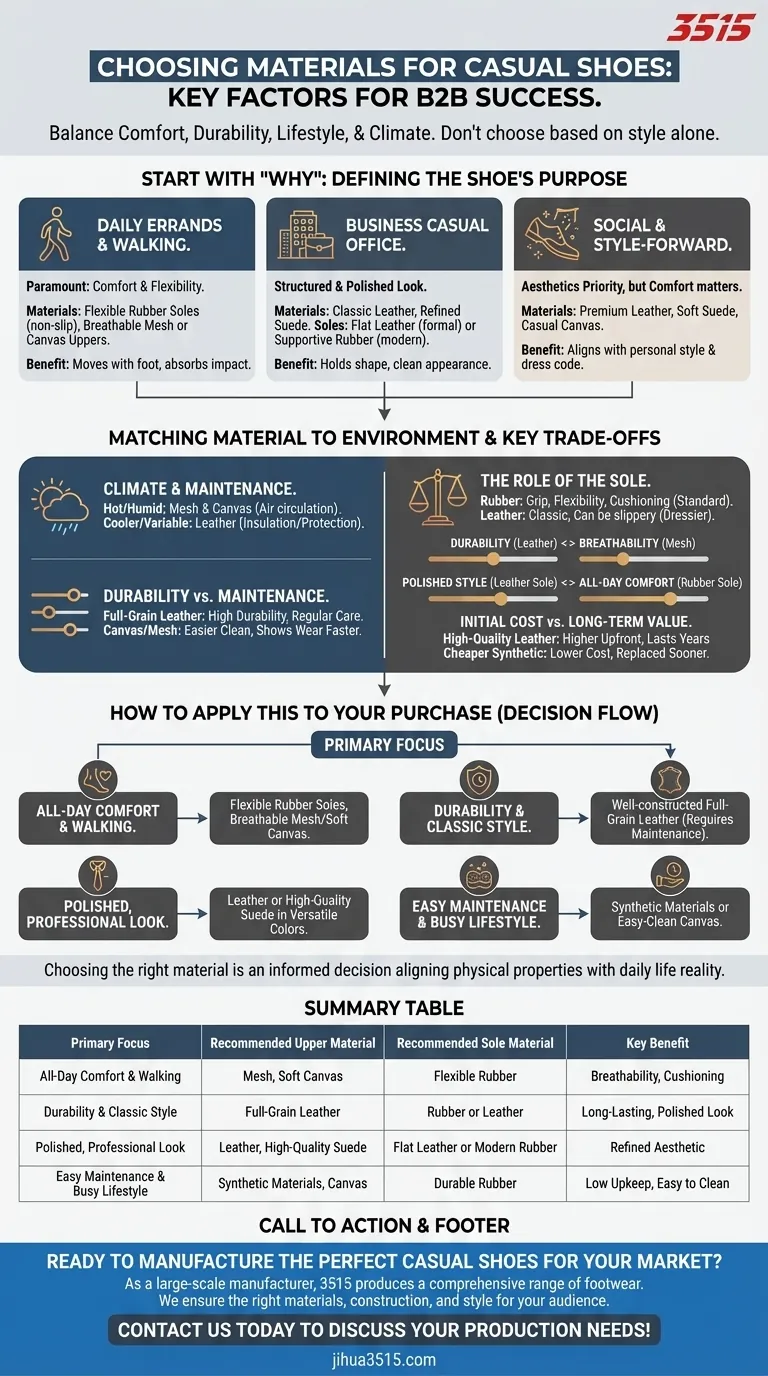
Related Products
- Wholesale Smart Casual Sneakers with Dial Closure | Factory Direct Manufacturing
- Wholesale Leather Business Casual Shoes with Dial Closure - Manufacturer of Comfort Dress Sneakers
- Wholesale Comfortable Business Casual Shoes Custom Manufacturing
- Factory Direct Wholesale Leather Comfort Shoes with Dial Closure
- Durable Rubber-Soled Utility Shoes for Wholesale & Custom Brand Manufacturing
People Also Ask
- What steps can be taken to ensure the best selection of casual sneakers? A Guide to Comfort, Style & Durability
- Why are sneakers now accepted in office environments? The Shift to Modern Professionalism
- What materials are commonly used in casual shoes? A Guide to Leather, Suede, and Canvas
- What are the key features to look for in comfortable office work shoes? Find Supportive & Ergonomic Footwear
- Are dress sneakers appropriate for business casual? How to Wear Them Professionally





